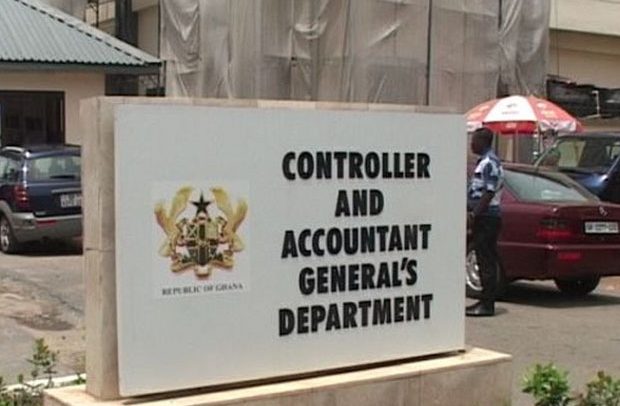In an effort to eliminate ghost names from the public sector, Kwasi Kwaning-Bosompem, the Controller and Accountant General of Ghana, has issued a strong warning to workers who have not linked their Ghana card to the payroll system.
Speaking at the annual conference of the Controller and Accountant-General’s Department in Kumasi, Mr. Kwaning-Bosompem emphasized the importance of innovative financial management practices to ensure a reliable payroll system.
The process of linking the National Identification Authority (NIA) number to the payroll database began two years ago, and its implementation is now being enforced.
Mr. Kwaning-Bosompem made it clear that those without a Ghana card will soon have their pay disconnected.
He also stated that if an individual’s NIA card is missing, their number will still be present in the database, allowing for cross-checking and validation through physical verification.
Additionally, at the conference, COP Maame Yaa Tiwaa Addo-Danquah, the Executive Director of the Economic and Organised Crime Office (EOCO), highlighted the importance of a collaborative effort to combat corruption.
She expressed concern over the stagnant Corruption Perception Index for the past four years and called for increased interventions to improve the perception of corruption.
COP Addo-Danquah urged everyone to be vigilant and report any suspicious activities, emphasizing that the fight against corruption should not be left solely to institutions but should involve every citizen.
The conference was attended by the Ashanti Regional Minister, Simon Osei-Mensah, who represented Vice President Dr. Mahamudu Bawumia. Osei-Mensah commended the Controller and Accountant-General’s Department for its significant advancements and stressed the importance of technology and innovation in the accounting and finance sector.
This move by the Controller and Accountant General of Ghana reflects the country’s commitment to enhancing transparency and accountability in the public sector, and it is expected to have a positive impact on Ghana’s financial management practices.
By Vincent Kubi


